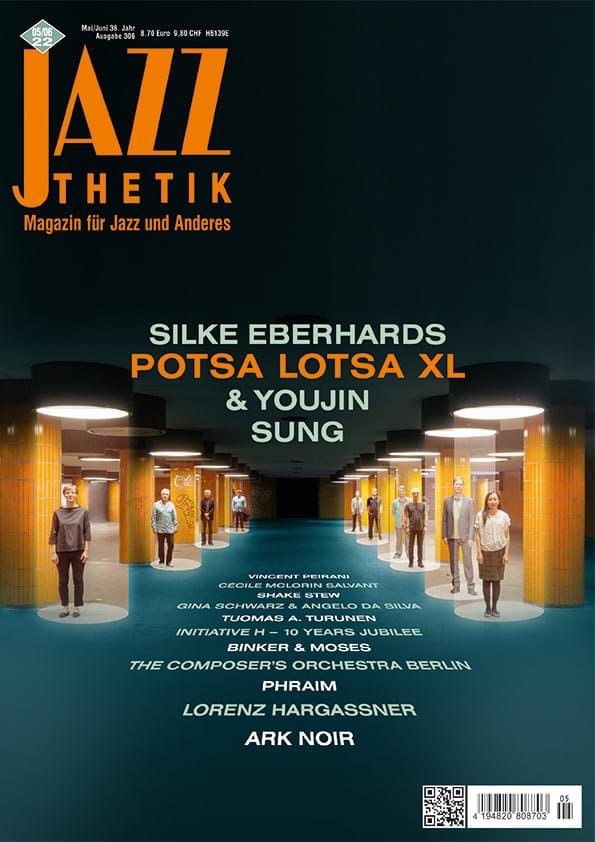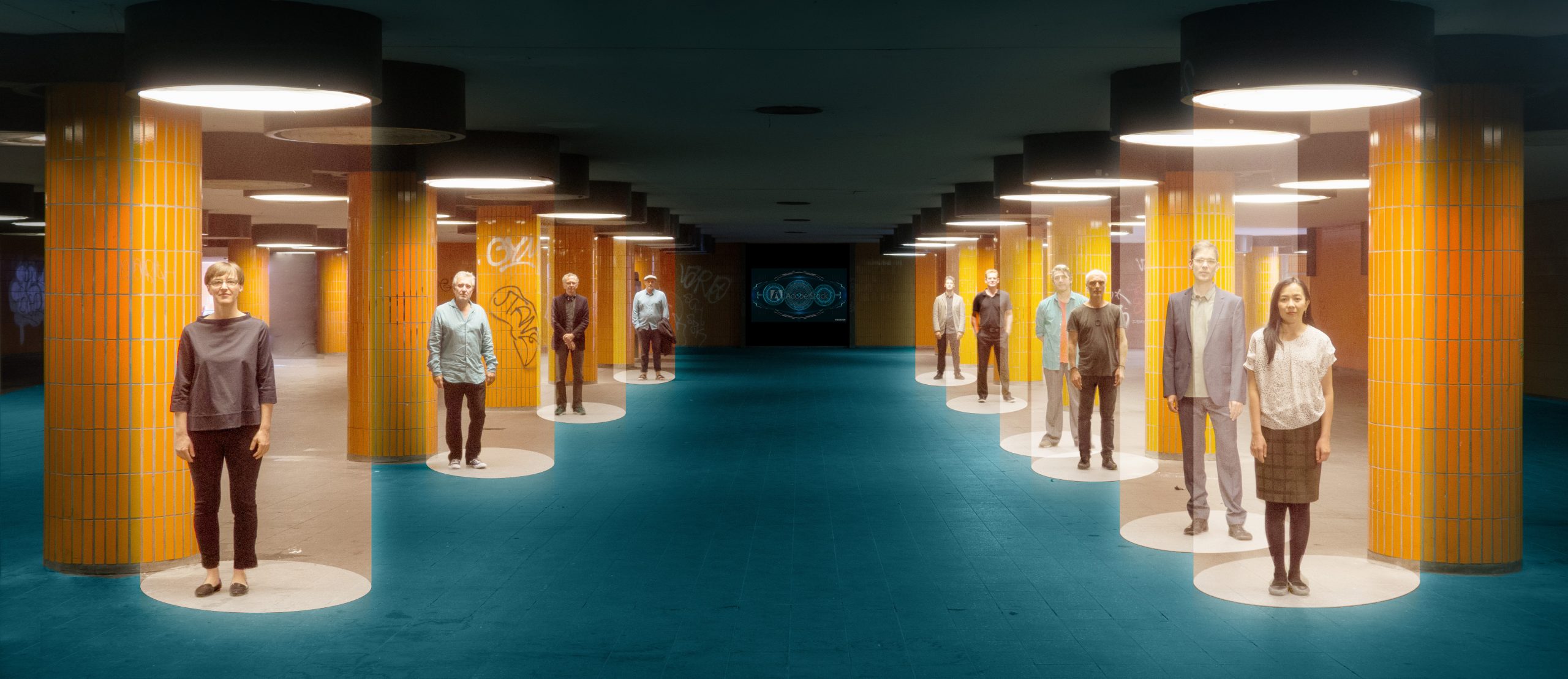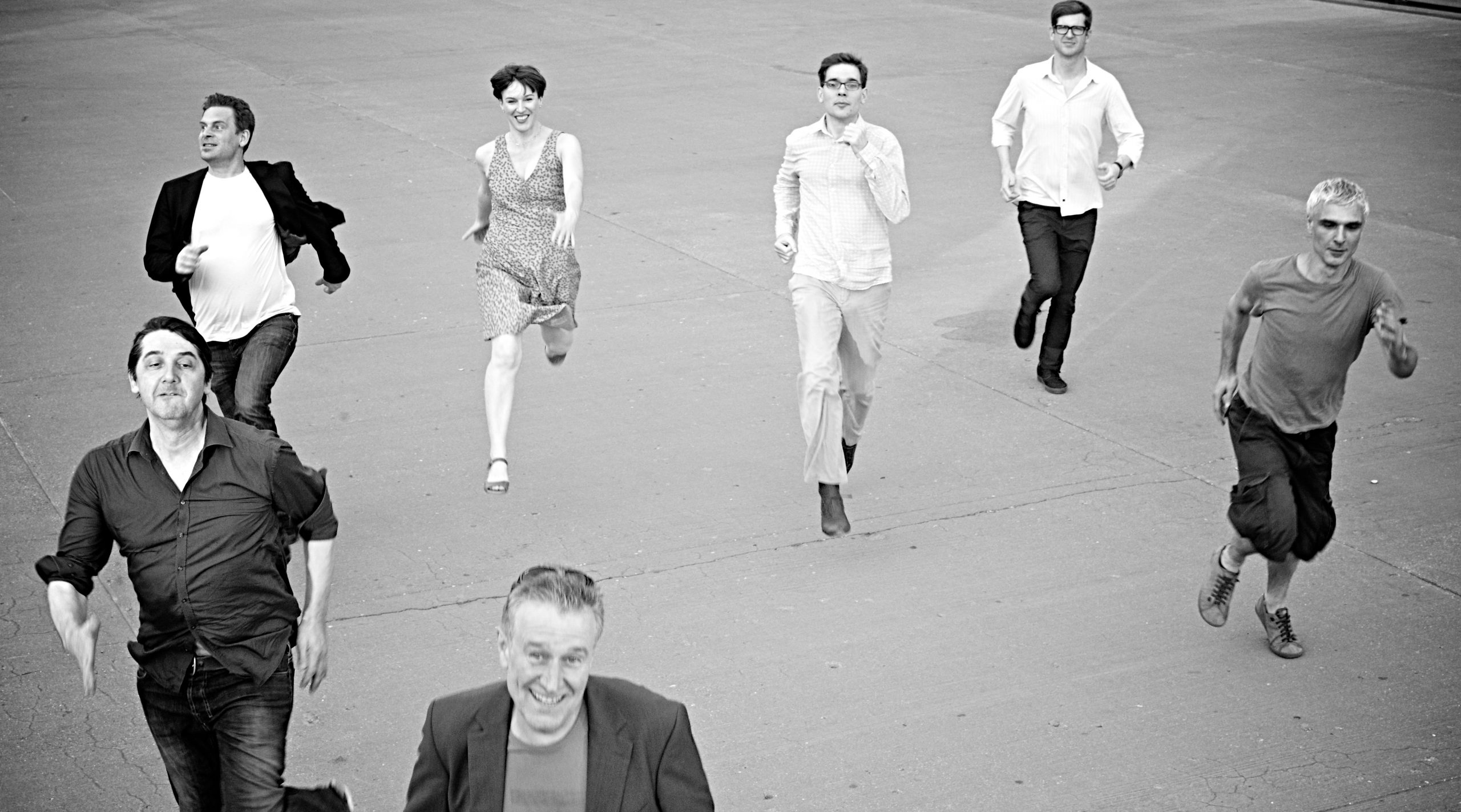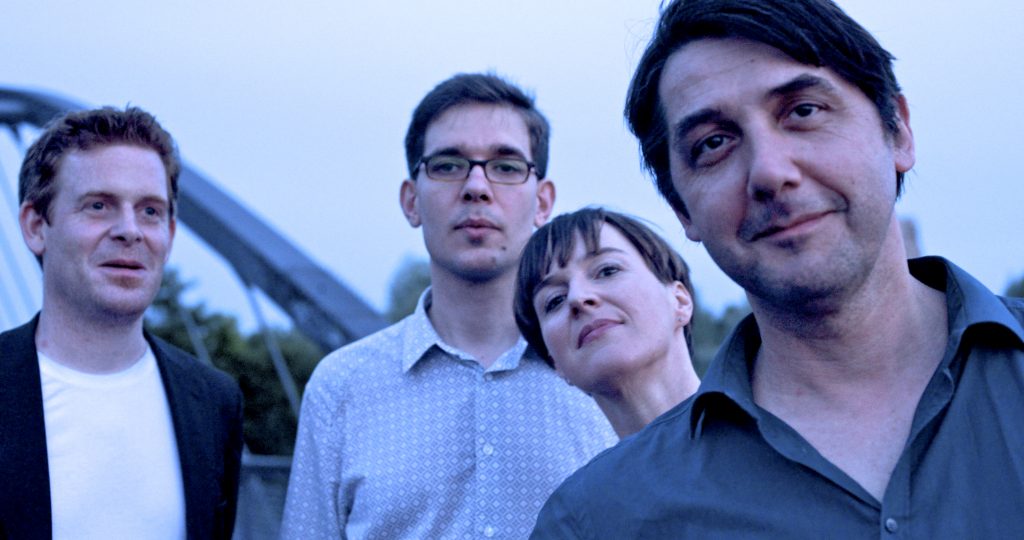»On est ici dans la rencontre entre deux univers…une véritable complicité harmonique et humaine.«
Jazz Mania, by Eric Therer, May, 2022
»rings with enigmatic melodies, provocative harmonies and bursts of street-vibe hustle.«
The Guardian, John Fordham, March 18, 2022
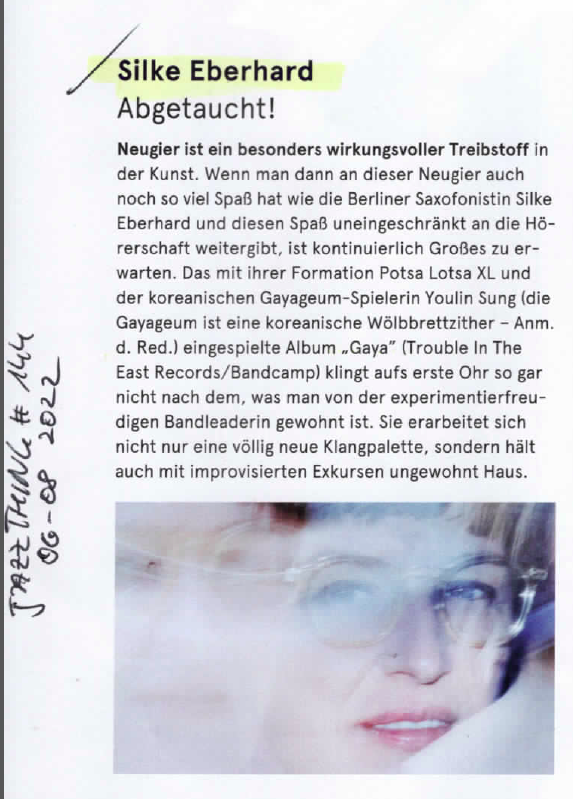
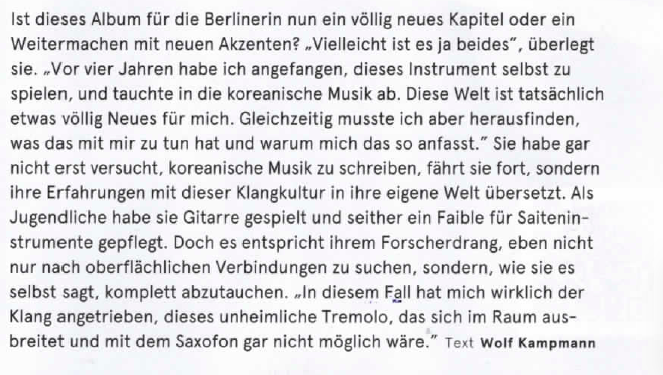
»Ein Album, das klingt wie ›the real thing‹. Die Berliner Saxofonistin Silke Eberhard hat mit einer kongenialen Formation ein starkes Album vorgelegt.«
dpa, May 15, 2020
»This is an absolutely superb album in every way: conception, scoring, execution and solos. I simply cannot praise it highly enough.«
Artmusiclounge, Lynn René Bayley, 2020
»Das originelle Eric-Dolphy-Projekt der Berliner Gruppe Potsa Lotsa gehörte zu den Highlights des Jazzfests (Berlin).« FONO FORUM, Mario Vogt, Januar 2015
»Keine Hochzeit und ein Todestag — Den arbeitsreichsten Weg der Dolphy-Verehrung ging die Altsaxophonistin und Bassklarinettistin Silke Eberhard. Sie hatte nämlich ein unvollendetes Werk Dolphys entdeckt — die Love Suite […]. Krause Choräle, fahle Kontrapunkte, Geräusche, vielschichtige Klang- und Struktur-Überlagerungen, klare Jazzphrasierungen, die vom Himmel fielen, wenn man sich ihrer gerade entwöhnt hatte, und viel (nach eigener Aussage nie bewusst gesuchte) Neue Musik des ausgehenden zwanzigsten Jahrhunderts waren das Material für dieses denkwürdige Ereignis.« Frankfurter Allgemeine Zeitung, Ulrich Olshausen, 6.11.14
»[…] konnte Silke Eberhard mit Dolphys posthumem Kammermusikwerk Love Suite punkten: In der Bearbeitung für Bläser und Elektronik ließ die Klarinettistin notierte Struktur und energiereiche Improvisation in geistreiche Dialoge eintreten.« Der Standard, Andreas Felber, 4.11.14
»Nun spielt sie, die Nachgeborene, das Altsaxofon und die Bassklarinette, jenes Instrument, das Dolphy im Jazz etablierte. Ihm und ihr zuhörend, fühlt man sich zurückversetzt in eine Zukunft, die eine Zeit des Aufbruchs sein wird.« DIE ZEIT, Stefan Hentz, 1.10.14
»24 Minuten dauert die wiedergefundene Love Suite in Silke Eberhards Version, bietet Kammermusikalisches neben Free Jazz, fesselnde Sounds, effektvollen Witz, fantasievolle Soli, packende Duette und Trios. […] Die Entdeckungen gehen weiter.« Jazzthing, Hans-Jürgen Schaal, Nov. 2014
»Potsa Lotsa gelingt der zeitgenössische Widerhall von Dolphys doppeltem Wesen als Komponist und Interpret ohne einen Anflug von Musealisierung, dafür mit gehöriger Spielversessenheit.« TAZ, Franziska Buhre, 25.6.14
»European Scene: German Saxophonist reimagenes Eric Dolphy« DownBeat Magazine, Peter Margasak, December 2010
»Indeed, collective improvisation was the common denominator for many of the German musicians, especially during Silke Eberhard and Potsa Lotsa`s rousing send-up to Dolphy. A horn quartet led by alto saxophonist Eberhard and featuring tenor saxophonist Patrick Braun, trumpeter Nikolaus Neuser and trombonist Gerhard Gschlössl, Potsa Lotsa brought sparkling imagination, collectice improvisational zing and humor to the proceeding as they delved into Dolphy classics such as Hat and Beard, Straight up and Down and Burning Spear with no one playing bass clarinet or flute. A reason why the group´s performance was so magical was that none of the members seemed intent on playing Dolphy but rather playing his music.« DownBeat Magazine, John Murph, December 2009
»Eliminating expected rhythm section incursions, Swiss alto saxophonist Eberhard’s Potsa Lotsa, had saluted Mingus’ favorite saxophonist — Dolphy — in the same location the day previously using only horns — her own alto saxophone, Patrick Braun’s tenor saxophone, Nikolaus Neuser’s trumpet and Gerhard Gschlössl’s trombone. Rather than being limited by the instrumentation, this layered polyphony added new tinctures to Dolphy’s best-known music, which sadly had been created in less than half a decade.
The compositions were re-harmonized canon-like with trumpet grace notes at the top and Braun’s deeper sax tones providing the ostinato glue holding together the undulating improvisations. Distinctive touches included Gschlössl adding downcast moans to a reading of Out to Lunch, which otherwise bounced along on rubber-mute fanning from the brass; and blustery vibrations from the saxophones in broken octaves, as they worked through pieces from Dolphy’s storied Five Spot-recorded LPs.« JAZZWORD, Ken Waxman
